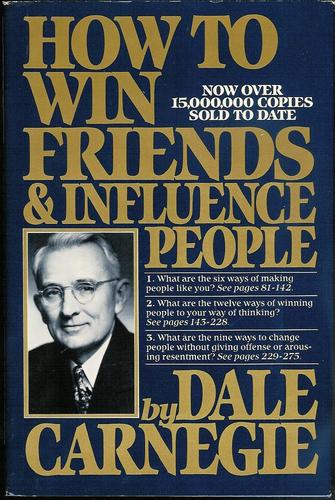|
By Jocelyn CHU (Overseas Correspondent at the University of Kent)
If you find human relationships harder to understand than advanced mathematics, or if you cannot think of a better way you to solve the problems you have encountered with your friends, take a look at this – I’m sure the following book just fits your needs.

|
How to Win Friends & Influence People by Dale Carnegie was first published in the 1930s, specially for business professionals. However, because it underlined the universal rules of human relations, the book became an overnight sensation and continued to be revised to meet public demand until recent years. It has now been translated into 36 languages.
What makes it such a hit and what can we learn from it? In a nutshell, the book is a practical self-help manual that talks about the philosophy of human nature and the rules of human relations. Without using professional psychological terminology, the author presents an accessible picture of human needs and illustrates it with rich real-life examples. More precisely, it not only gives the fundamental techniques of handling people, but also helps to define the agreeable personalities and traits that leaders share in common. For instance, the author addresses the fact that every human being likes the feeling of being important, so that showing interest, trying to listen, and affirming their position are extremely necessary. Similarly, he suggests that straight arguments like “you are wrong” only make enemies, so that an initial statement that “I understand your point” eases tension and avoids lots of trouble. |
All the facts mentioned in the book are details of behaviour that can form a checklist for our daily practice. However, no book can ever gain popularity without also attracting criticism. Some people say that the book teaches people how to fake goodwill in order to get the most out of others’ pocket. Some also point out that “being too nice” may lead to ignorance and loss of individuality. Personally I think it is a matter of original intention. If people are willing to make a harmonious environment and communicate their true thoughts in a friendly way, there should be no negative judgment of the use of buffering expressions such as “you do have a point here” before raising an opposing statement later.
Readers have different views. You are welcome to send your ideas on the book or any thoughts relating to it to SRO.ResLink@gmail.com.
ResLink Issue No.32
Feb 2011 |
|
 |



|







